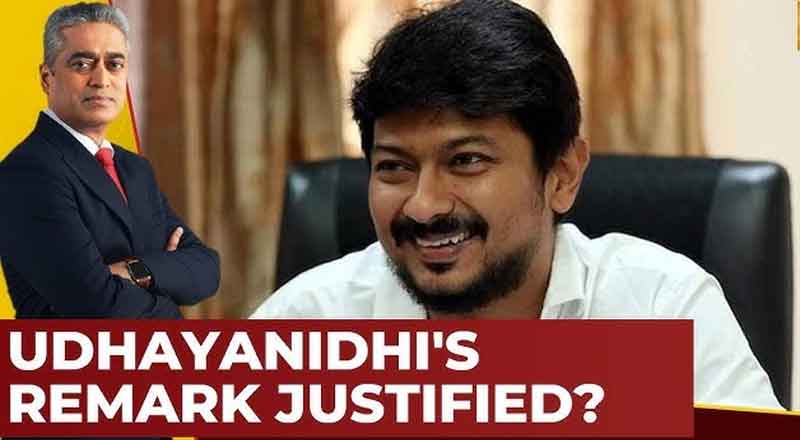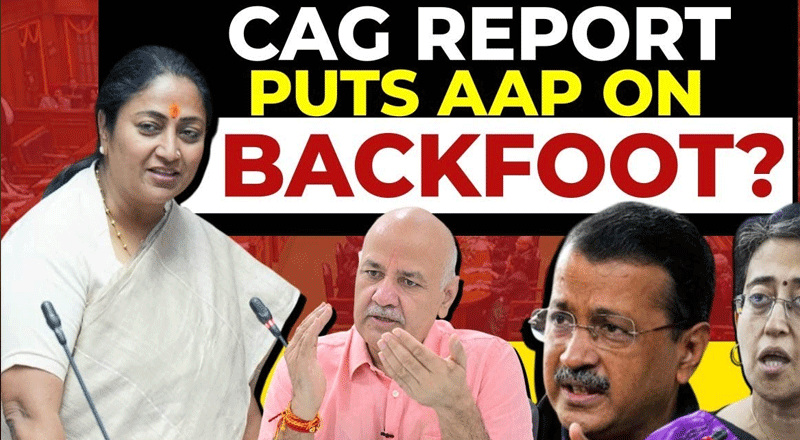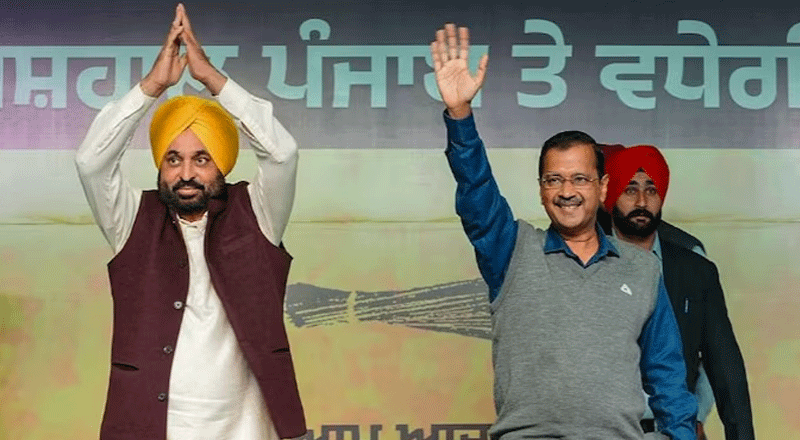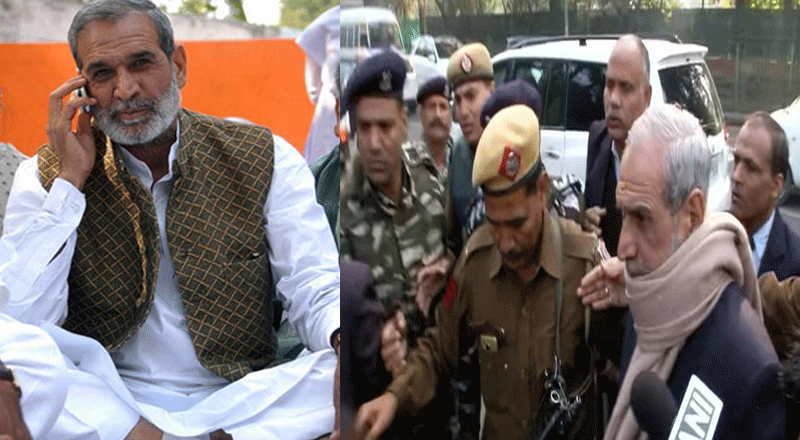- The controversy over statements made by Udhayanidhi Stalin has not simmered down, another minister A Raja said Sanatana dharma should be compared to diseases having social stigma, like HIV and leprosy.
- DMK party leaders have been continuing to make controversial remarks against Sanatan Dharma.
- Tamil Nadu CM Defends Son, saying, Udhayanidhi’s speech at a Sanatan Eradication Conference aimed to critique the inhuman principles associated with ‘Sanatana dharma.’
- Udhayanidhi released a statement, emphasizing the need to uphold the ideologies of leaders like Periyar, Anna, Kalaignar, and Perasiriyar.
- Udhayanidhi, along with Congress’ Priyank Kharge, faces legal repercussions, as they were booked for the comments, following a complaint from advocates in Uttar Pradesh’s Rampur.
Amidst the ongoing political controversy surrounding Tamil Nadu Minister Udhayanidhi Stalin’s objectionable comments about the ‘Sanatana Dharma,’ DMK MP A Raja has now raised eyebrows by comparing it to diseases that carry social stigma, such as HIV and leprosy. Raja went on to say on Thursday that Udhayanidhi’s perspective on ‘Sanatana dharma’ was relatively mild.
DMK party leaders have been continuing to make controversial remarks against Sanatan Dharma. Even as the controversy over statements made by Tamil Nadu minister Udhayanidhi Stalin has not simmered down, another minister of the party A Raja said Sanatana dharma should be compared to diseases having social stigma, like HIV and leprosy. “I am prepared to give answers for all cabinet ministers if the Prime Minister convenes the meeting and let them permit me. I will explain which one is ‘Sanatana Dharma’ thereafter you decide,” he said.
Earlier this month, Udhayanidhi Stalin alleged that ‘Sanatana Dharma’ opposed equality and social justice, suggesting that it should be eradicated. Drawing a parallel between ‘Sanatana Dharma’ and diseases like coronavirus, malaria, and fever caused by dengue virus and mosquitoes, he contended that such ideologies should not merely be challenged but eliminated.
These remarks stirred controversy, with BJP’s IT department in-charge Amit Malviya alleging that the DMK leader had called for the “genocide” of the 80-percent population following ‘Sanatana dharma.’ Udhayanidhi refuted this accusation.
Udhayanidhi, the son of Chief Minister MK Stalin, emphasized that the term ‘Sanatana’ originates from Sanskrit and signifies “eternal” or unchangeable, asserting that it precludes questioning and fosters caste-based divisions.
Tamil Nadu Chief Minister MK Stalin came to his son’s defence, contending that Prime Minister Narendra Modi’s comments were unfair since Udhayanidhi’s speech at a Sanatan Eradication Conference aimed to critique the inhuman principles associated with ‘Sanatana dharma.’ Stalin underscored that Udhayanidhi did not intend to offend any religious beliefs but sought to address issues of discrimination against Scheduled Castes, Tribals, and Women.
Stalin also called out the BJP for spreading a false narrative, alleging that Udhayanidhi had advocated the “genocide” of individuals holding ‘Sanatana’ beliefs. He challenged the Prime Minister’s awareness of these distortions, questioning whether he was speaking out of ignorance or intent.
In response to the allegations and legal actions against him, Udhayanidhi also released a four-page statement, emphasizing the need to uphold the ideologies of leaders like Periyar, Anna, Kalaignar, and Perasiriyar. He criticized BJP leaders for distorting his speech and spreading falsehoods, asserting that his speech never used the term “genocide” in either Tamil or English.
Moreover, Udhayanidhi, along with Congress’ Priyank Kharge, faces legal repercussions, as they were booked under Section 153A and 295A of the Indian Penal Code (IPC) for his comments on ‘Sanatana Dharma’ following a complaint from advocates in Uttar Pradesh’s Rampur. The controversy surrounding Udhayanidhi Stalin’s remarks on ‘Sanatana Dharma’ continues to escalate, with political leaders and legal actions intertwining in a debate that touches on cultural, religious, and social aspects.
(With the inputs from agencies)





